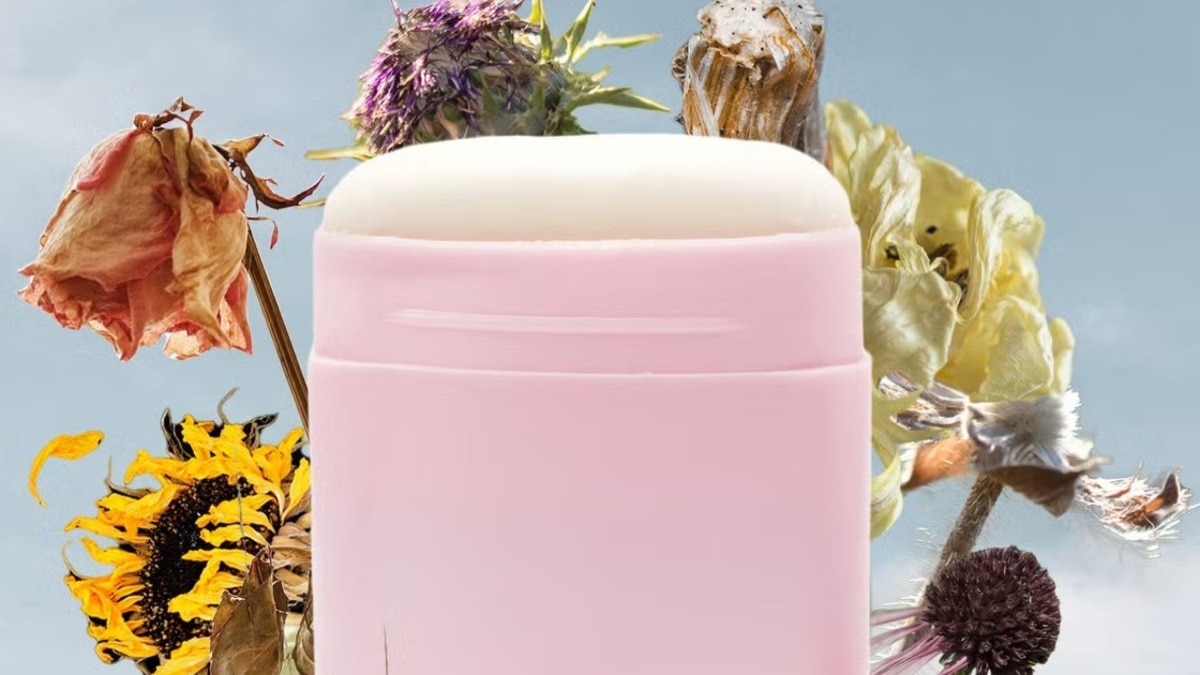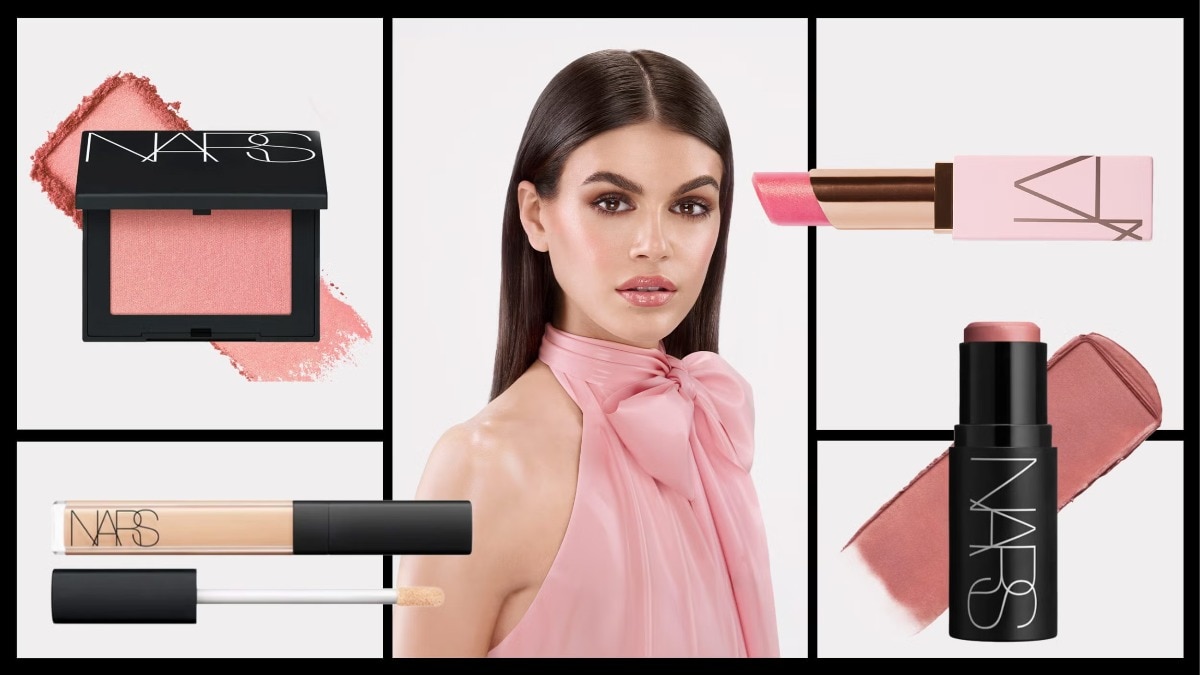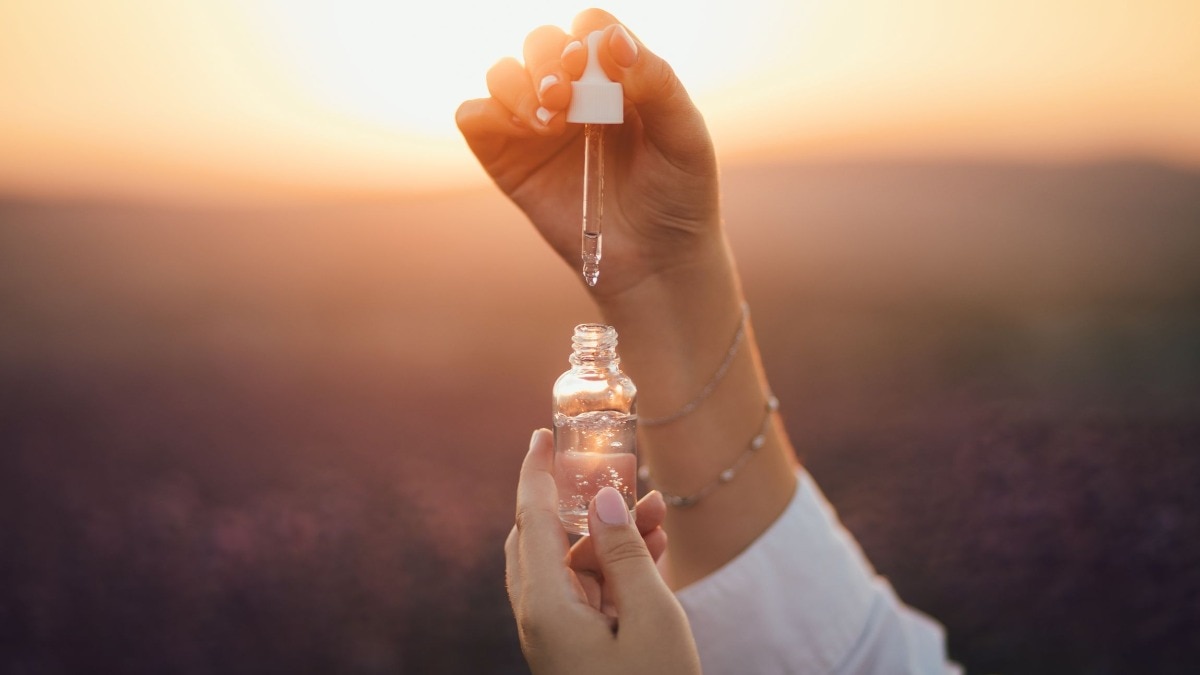When did we all turn against natural deodorant?
Fans of aluminum-free deodorant love the clean formulas and elegant scents. But a growing number of internet commenters say it's all, as one puts it, a "money-making scheme by big stinky."


I wore natural deodorants exclusively for seven years. I've tested hundreds of the best aluminum-free formulas—to varying degrees of success—and I know that they can work. They just...don't work all the time. Or for everyone, every occasion, and every season. Anyone who has tested one will tell you that they're finicky and temperamental by nature. So, maybe that can explain why I gave up using natural deodorant altogether earlier this year, returning to my tried-and-true Dove antiperspirant. It also explains why calls to abolish natural deodorants online are reaching a fever pitch.
I've noticed an uptick in viral Reddit posts, Threads, and TikToks lately about natural deodorant, with most of them sharing the same central message: stop using it. "Sometimes I ask people what deodorant they wear, just so I know what not to get," says writer and critic Hunter Harris in the video above. "We need to return to the old masters: the Secret, the Degree, the Suave—the stuff that like, looks corporate."
"I’m so tired of how stinky everyone is!" beauty writer Hannah Hejo shares on Threads. "We need to sue Big Deodorant for marketing aluminum-free deodorant so hard in the last few years because y’all sweat and y’all STINK." Threads user Taya Gilly's conspiracy has a similar sentiment: "Natural deodorant is actually a money-making scheme by big stinky and y'all are falling for it."
Why have natural deodorants inspired such negative reactions? I have a few theories. “There is a trend right now of ‘natural’ beauty products, and for some this includes forgoing conventional aluminum-containing antiperspirant,” dermatologist Hadley King previously told Bazaar. “For some, this may be because of concern that ingredients in conventional antiperspirants can contribute to breast cancer risk, but please keep in mind that there is no research data showing that ingredients in deodorants or antiperspirants result in breast cancer.”
There are also more options in the aluminum-free space than ever before. Switching from a sweat-blocking antiperspirant to an odor-blocking deodorant is a very personal journey, one that is often marked by trial and error. Some formulas will perform better with your body's natural chemistry than others, especially as the days and summers get hotter and sweatier.
As a reminder, deodorants and antiperspirants are two completely different formulations. “Deodorants don’t prevent wetness, they limit odor,” King explained to Bazaar. “Antiperspirants contain aluminum chlorohydrate or aluminum zirconium or aluminum chloride, which act by blocking the eccrine (sweat) glands and preventing wetness.”
Natural deodorants come in some interesting formats, from creams and pastes to crystals and roll-ons, all utilizing a blend of starches, baking soda, acids, or probiotics to capture and reduce odor or neutralize bacteria on the skin. They contain no aluminum, so they have no real impact on sweat.
Perhaps it's just that people are finally catching up to the science, which, as King mentions, shows no data to support any fears around the link between aluminum and cancer. In fact, studies show that underarm skin actually absorbs very little aluminum, only about 0.01 percent. But what about when you shave your armpits, then apply a swipe of traditional antiperspirant? The absorption rate of aluminum goes up to 0.06 percent on pre-damaged skin, and a 2017 “retrospective study showed an earlier age of disease onset in breast cancer patients that had used aluminum-containing antiperspirants combined with underarm shaving.” For what it's worth, even the American Cancer Society is unconcerned: "At this point, there is no clear link between antiperspirants containing aluminum and breast cancer." For many, the benefit of never having to worry about body odor or reapplying their deodorant throughout the day outweighs the potential risk.
That's not to say there aren't those out there who choose to use natural deodorant for other reasons. Tiktok user Mary Paige Ambrose posted a viral video back in January where she talks about how she tried natural deodorant "because it was all anyone could talk about." She switched for a year. "I was a natural deodorant girlie. Suffered my ass off, smelled like dog water all day long," she says. "I legitimately smelled like onion." She decided to go back to a clinical strength antiperspirant, and was happy to do so, only for it to be the reason for a flare-up of cystic acne. Now she's back to the natural stuff—again. "It was the most immediate my skin reacted to something in my life. So now I smell bad again," she shares.
Ambrose's video inspired over 16,000 comments. In many of these viral posts, natural deodorant stans can be found offering helpful advice, like using glycolic acid or benzoyl peroxide on pits to reduce odour, or switching to a different brand they love. And while that's all worth trying, it doesn't get to the root of the problem, which is that finding a natural deodorant that really works is a Herculean feat. It's not easy, and it's not cheap. This backlash to a beauty product category that has experienced explosive growth over the last five years is understandable, given that reviews and reactions to each product can vary widely.
As for me, I'm a working, commuting mom with a toddler—I don't have the time to worry about the scent state of my armpits. I need something that is guaranteed to perform, no matter the temperature, no matter my outfit, no matter the day. For me, that's drugstore antiperspirant. For you, that might be something else. All that matters is that you use it.
Lead image: Collage courtesy of Sarah Olivieri
This article originally appeared on Harper'sBazaar.com
Also read: Black lipstick is back! (It’s about time)
Also read: The season’s best haircare offerings to fight the monsoon mayhem










